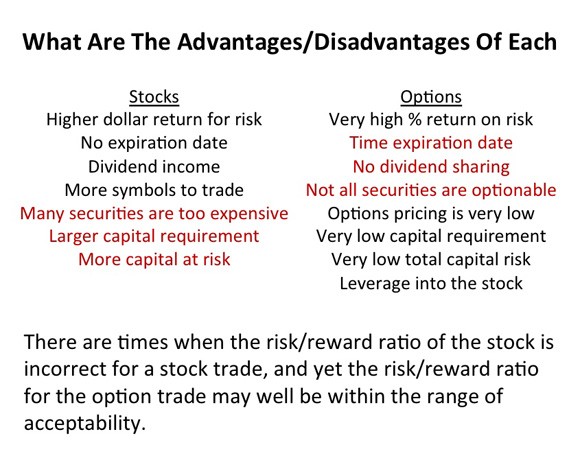Advantages and Disadvantages Financial Web
Post on: 13 Август, 2015 No Comment

Part 1: Advantages and Disadvantages
United States Treasury securities. also known as Treasuries, are fixed-income security instruments issued by the U.S. Treasury . These securities make up the largest, most important, and most liquid fixed-income marketplace in the world. Treasuries appeal to a wide range of U.S. investors, including banks, insurance companies, pension plans, and individuals. Because so much of the worlds commerce is denominated in United States dollars, Treasuries also have broad appeal among non-U.S. citizens and entities as well.
U.S. treasuries are extremely popular with investors throughout the world because they offer many advantages:
- Most investors regard U.S. Treasury securities as one of the safest investment vehicles in the world. This is because theyre backed by the full faith and credit of the United States government, which is considered an excellent credit risk due to the size and diverse nature of the U.S. economy and the stability of the U.S. political system.
- The Treasuries market is the most liquid fixed-income market in the world. Buyers and sellers of Treasury bonds are almost always able to transact business in quantity and at a fair price because the market is so active and has so many participants.
- Dealers make their money by buying bonds at one price (the bid price ) and selling them at a slightly higher price (the offer price ). The difference between these two prices (the spread ) in the Treasuries market is very small. The low spread helps to minimize transaction costs, thereby increasing the profitability of trades.
- Because of the tremendous amount of liquidity and immediate price dissemination of U.S. Treasuries, investors can always know the fair market value of any Treasury bond at any moment. Markets such as this are said to have transparent pricing.
- U.S. Treasury bonds are traded and sold electronically. There are no actual paper bond certificates to keep track of or store. Less processing of paper keeps dealers costs lower, thereby helping to make transaction costs lower as well.
- Interest gained on Treasury securities is subject only to federal income tax and not to state or local taxes.
- Unlike most other types of bonds and mortgage-backed securities, virtually all U.S. Treasury bonds are noncallable ; in other words, they cant be redeemed by the issuer prior to the bonds maturity date. This allows investors to lock in their returns for longer periods of time.
- Because of their high credit quality and liquidity, Treasury securities make excellent loan collateral. Investors can normally borrow up to ninety percent of their value.

While offering many advantages, U.S. Treasuries do have two important disadvantages that investors must consider:
- Treasury bonds offer a relatively low yield to maturity (YTM) when compared to other investments. The YTM refers to a bonds rate of return (expressed as an annual rate) if its held until maturity. Because of their many other advantages, investors are generally willing to accept a lower yield from Treasuries than from other bonds.
- Treasury bonds are exposed to political risk. These bonds dont have traditional credit risk because the federal government can print as much money as is necessary in order to avoid defaulting on its debts. However, the government must constantly issue new debt in order to pay off its maturing debt and the U.S. Senate must authorize the issuing of any new debt. In the event of a political dispute, its possible that the Senate could refuse such authorization, thereby causing a technical default.
In Part 2 of this series, well examine the various types of U.S. Treasuries.
$7 Online Trading. Fast executions. Only at Scottrade














